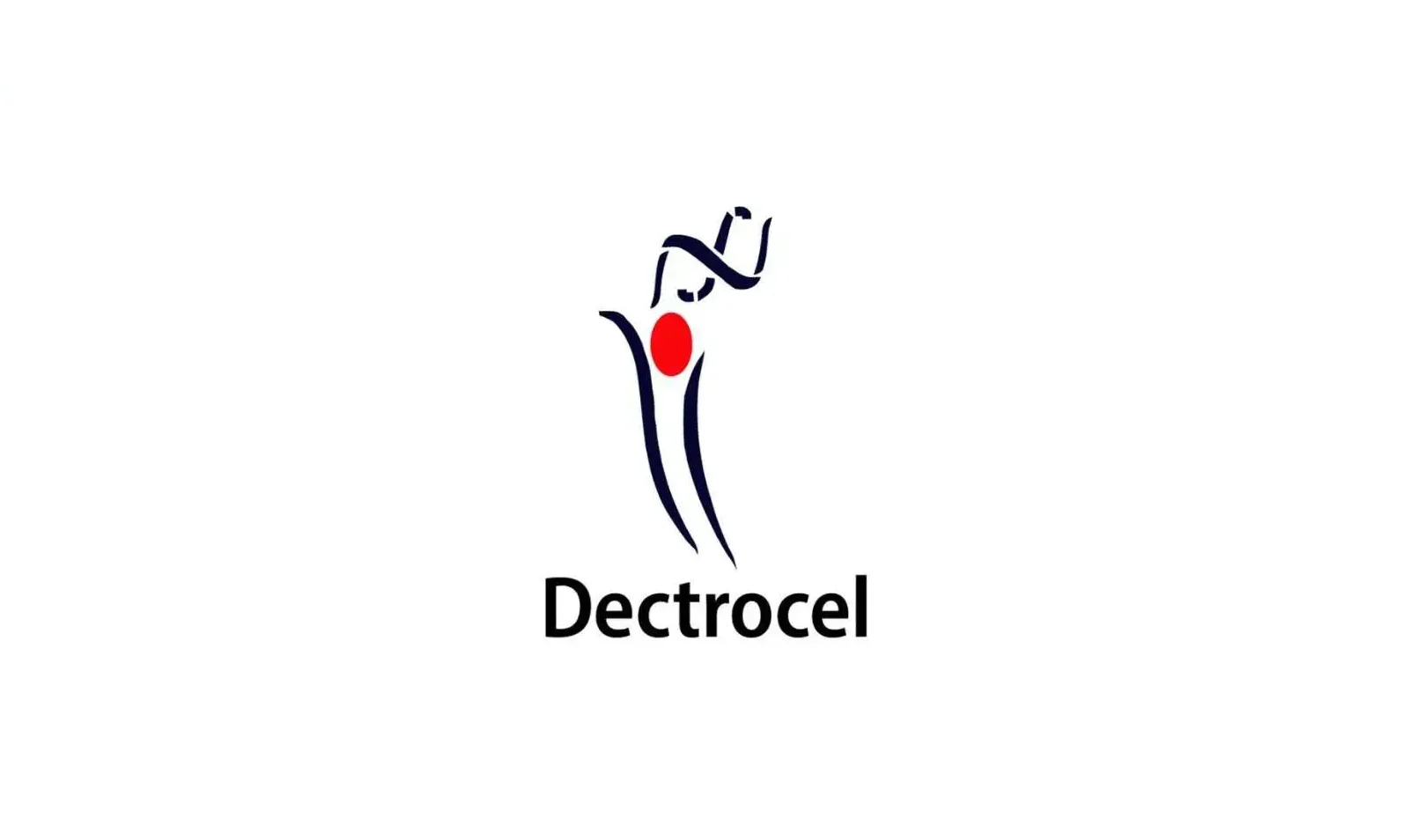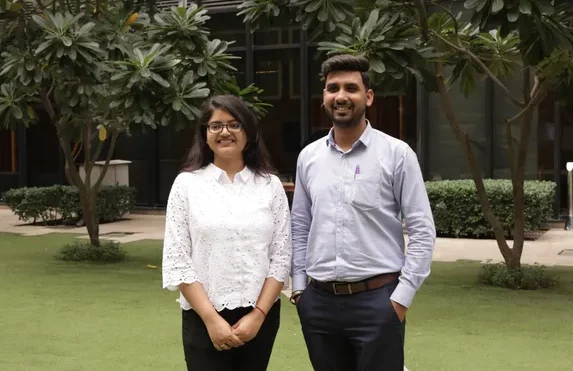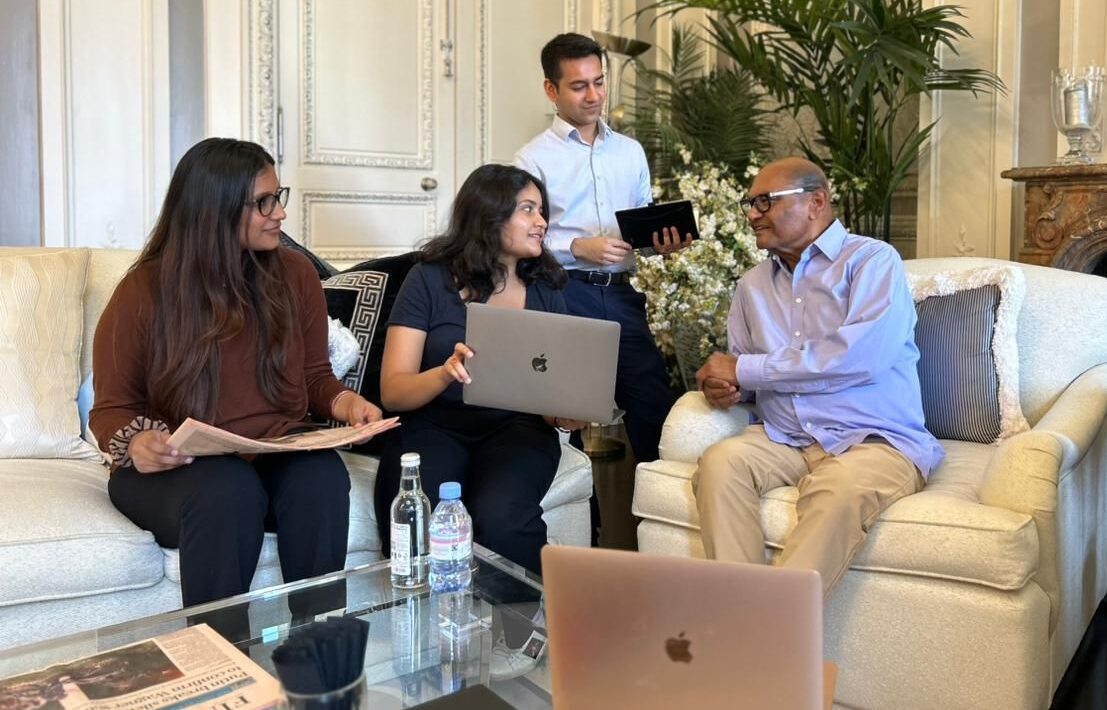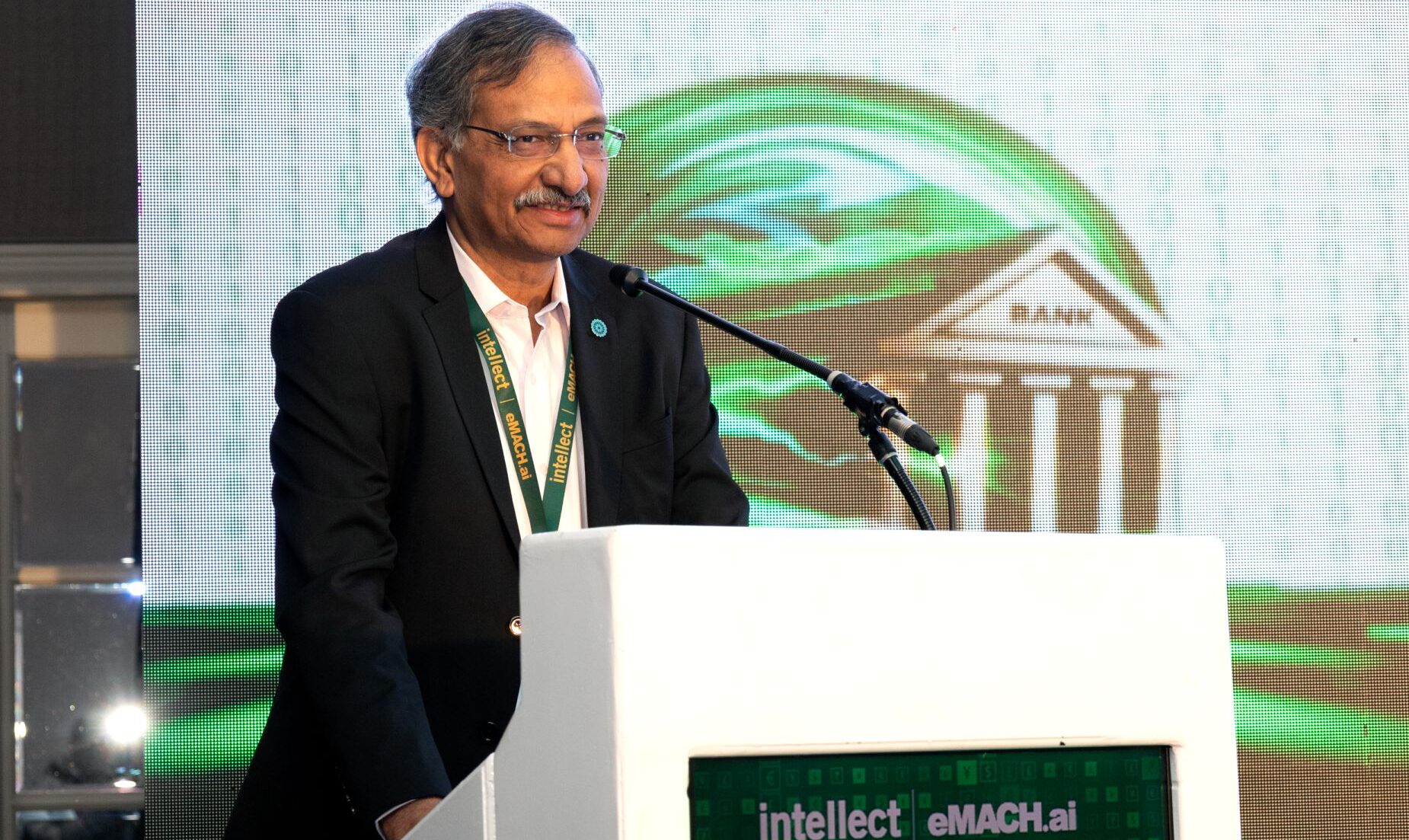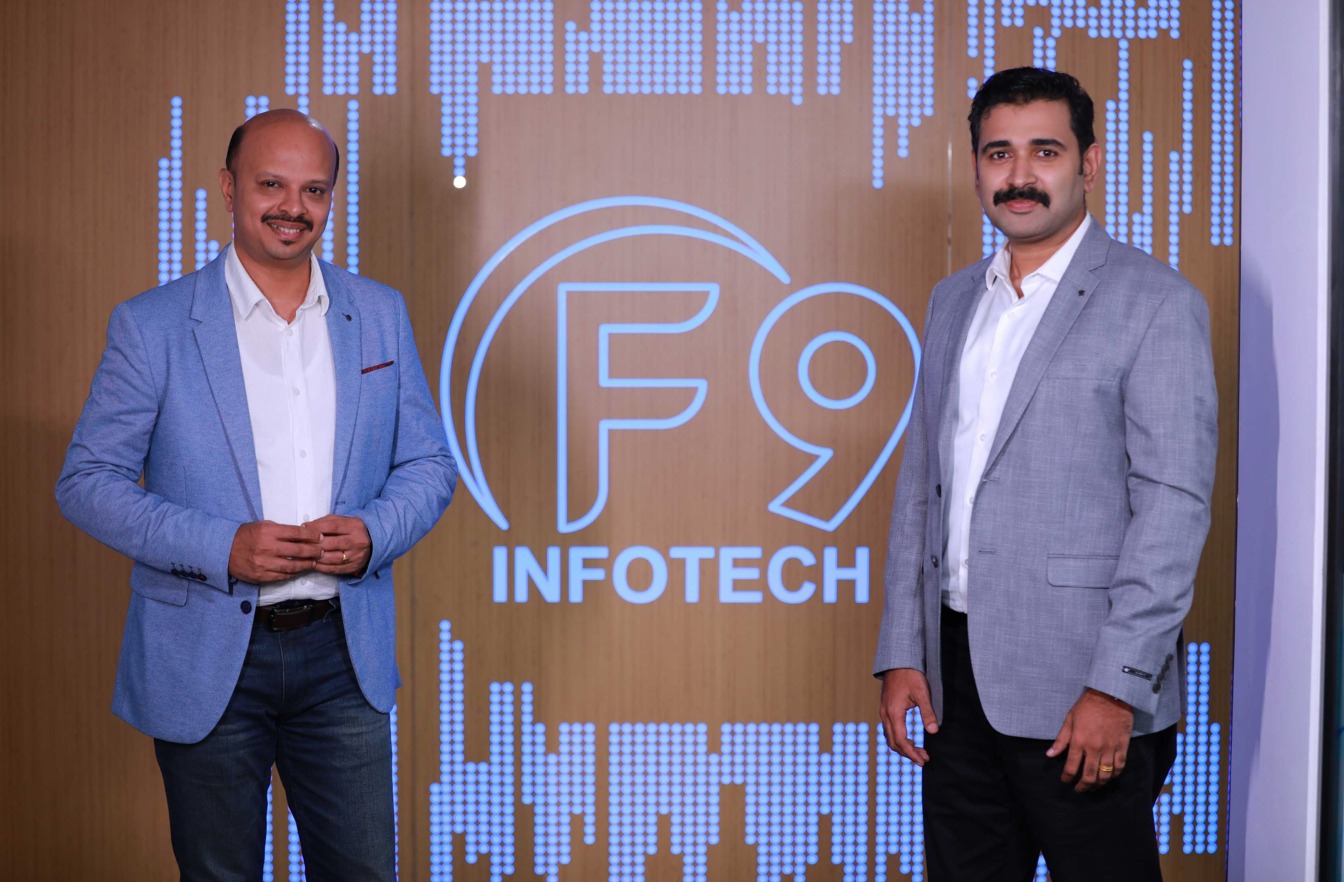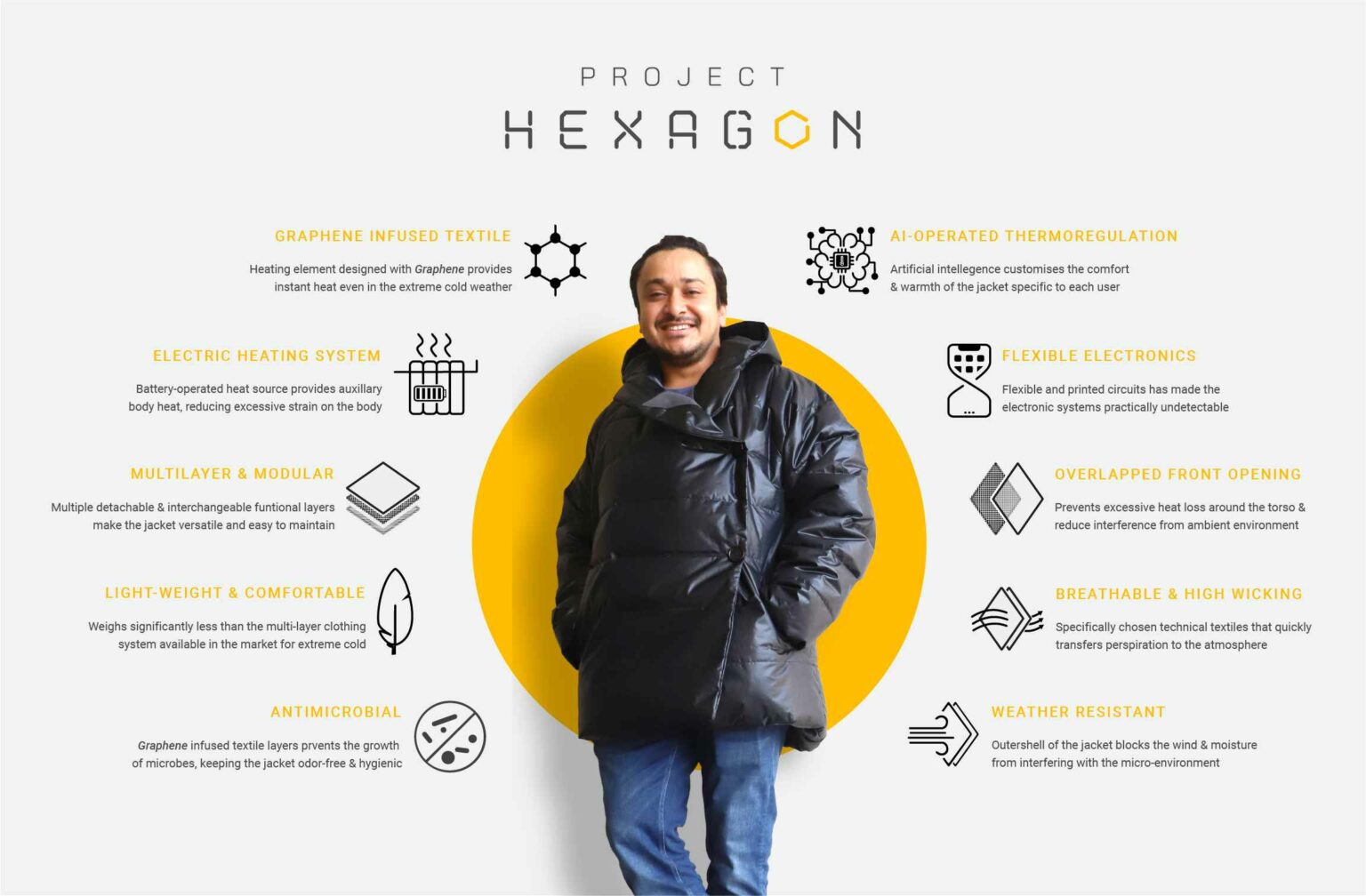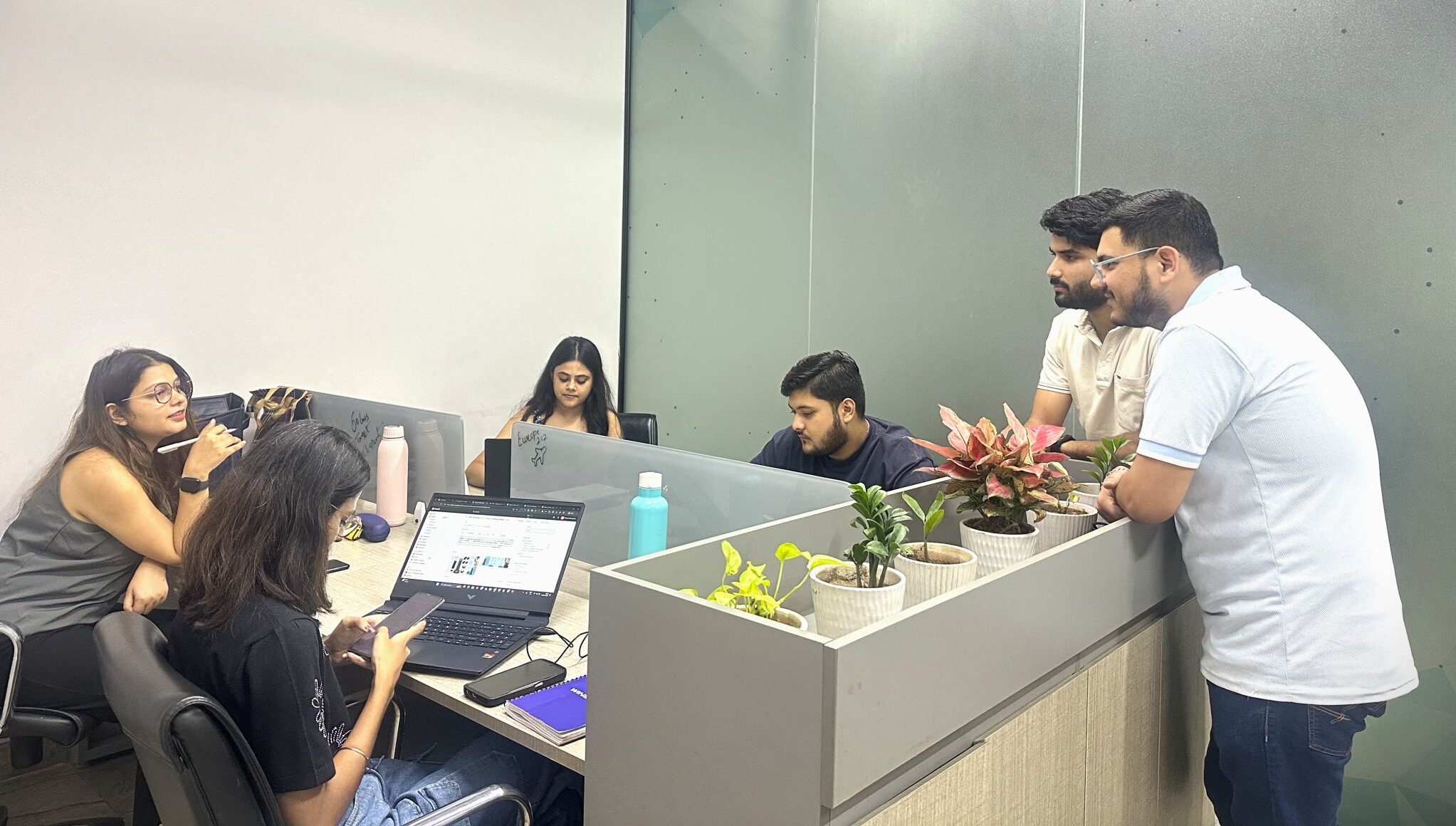In a step that may redefine India’s artificial intelligence industry, Mukesh Ambani-led Reliance Industries is eyeing strategic alliances with AI behemoths OpenAI and Meta. The talks, if successful, could position Reliance at the forefront of AI innovation and democratise access to advanced generative AI technologies like ChatGPT across the country.
According to sources, Reliance is aiming to collaborate with OpenAI — the creator of ChatGPT — as well as Meta, the parent company of Facebook and Instagram, to accelerate the development and distribution of AI tools in India. This initiative aligns with Reliance’s broader digital transformation strategy and could significantly expand the reach of generative AI in one of the world’s fastest-growing digital economies.
Also Read: Bad Parking Spot? ParkMate is here to Rescue!
Making ChatGPT More Accessible
Common to these possible partnerships is the aim of making ChatGPT and other comparable AI tools more accessible and cost-effective to Indian consumers. Industry players propose that subscription charges for ChatGPT may undergo downward revisions in India to put it on a par with the local market. The action would not only increase user adoption but also enable AI models to train on varied Indian languages, behavior, and tastes — an important benefit for international AI companies.
The move is especially notable at a time when global tech firms are reevaluating their pricing models to capture emerging markets. As AI becomes more embedded in daily business and consumer life, cost-effective solutions will be crucial in ensuring large-scale adoption in countries like India.
Also Read: Twitter’s Iconic Blue Bird Logo Sold at Auction for $34,375
Data Infrastructure at the Core
Reliance is preparing to build one of the world’s largest data centers in Jamnagar, Gujarat, A bold move that shows company’s serious intent to create a robust AI foundation right here in India. When data privacy and digital sovereignty are at the top of the agenda, having AI operations and training data in the country isn’t just clever – it’s crucial. For Indian users and businesses alike, this might translate into quicker, more secure, and more locally contextual AI experiences.
This aligns with the Indian government’s push for data localisation and digital self-reliance under the Digital India initiative.
Why OpenAI and Meta?
Both OpenAI and Meta have been aggressively expanding their AI offerings. While OpenAI’s ChatGPT has become the most widely recognized generative AI tool globally, Meta is focusing on developing open-source AI models and integrating them into its platforms.
By partnering with these two powerhouses, Reliance can potentially bring together the strengths of proprietary and open-source AI systems – creating hybrid models that are optimised for the Indian market.
Strategic Timing and Industry Signals
The negotiations are taking place at a time when there is a growing global conversation regarding the accessibility and affordability of AI tools. In an effort to counter Google and Microsoft’s hegemony in AI, Meta continues to advocate for open-access AI, even as OpenAI recently hinted at possible changes to its subscription models.
Reliance’s AI drive coincides with increased competition in India’s technology landscape, where others such as Tata Group, Adani Enterprises, and Infosys are also accelerating AI investments. However, with its deep wallet, telecom footprint through Jio, and retail presence, Reliance is well placed to adopt AI across consumer, enterprise, and industrial sectors.
AI for All?
If sealed, these alliances can pave the way for AI implementation across industries – from education and farming to finance and healthcare. With localised language support, affordable costs, and strong data protection, AI platforms such as ChatGPT may soon become common in Indian households and offices.











